Romance and the infidelity trap
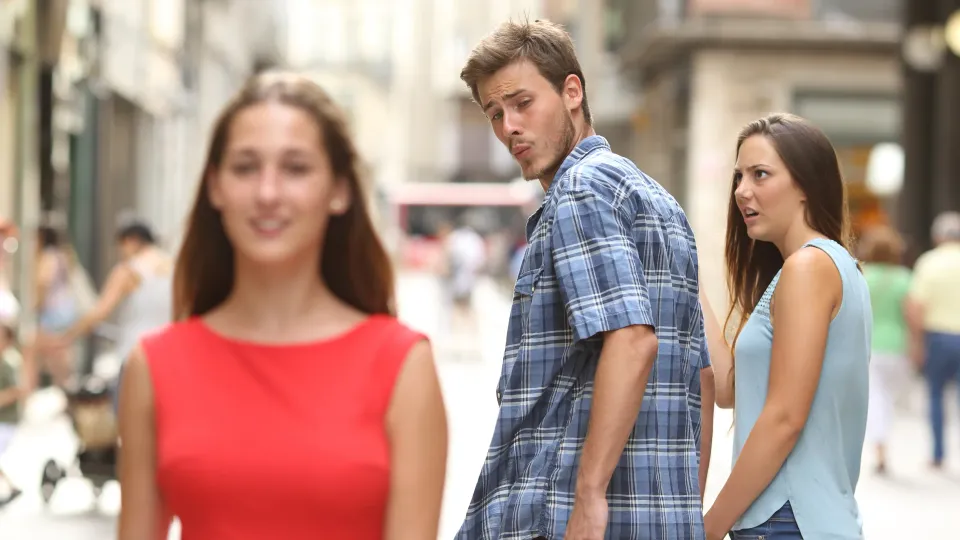
Emily Henry's most recently published novel, 2023's Happy Place, is somehow simultaneously her weakest novel and her most psychologically astute. It's my favorite kind of romance novel – one that butts up against the artificial constraints of its own genre – but it butts so hard against them that the artificiality becomes apparent.
The more I thought about it, the more I felt like the novel would have been better if the protagonist cheated on her true love. Yet when it has a chance to explore this morally complicated territory, Happy Place blinks. Romance novels require happy endings, and happy endings are obliviated by the messy reality of something like infidelity, even infidelity that is lived through and gotten past.
If anyone could have gotten away with that kind of rawness, it's Emily Henry, one of the current titans of romance publishing. Henry's success lies in her ability to write terrific romcom banter, yes, but also in her gift for deft characterization. Romance is a genre that lives and dies on presenting characters with rich psychologies, then shoehorning them into the rigorous demands of a trope-filled plot. For my money, nobody working in (straight) romance right now is as good as Henry at creating psychologically rich characters, then forcing them through the paces of kissing and breaking up.
At times, Happy Place feels so psychologically rich that the constraints of its plot become harder to ignore. The protagonist, Harriet, has spent the last six months mourning the end of her engagement to her long-time partner Wyn, only to turn up at the yearly summer week she spend with her college friends to find Wyn right there waiting for her. The two of them are going to have to pretend to still be together because (completely improbably) neither of them once mentioned the breakup to anyone they knew.
To those who know their romance tropes, Happy Place attempts to blend a second-chance romance (two people who were meant to be together and failed to be together get another shot) with a fake dating story (two people pretend to be a couple for some reason), with Henry's usual care for characterization. Where she goes wrong is in how incompatible the second-chance romance and the fake dating story are with each other. Harriet and Wyn have to have never had a conversation about their breakup with anyone – much less each other – because it needs to be plausible that every person in their supposedly tightly-knit friend group buys they're still together.
Thus, Henry paints herself into a corner. When it comes time to reveal why Harriet and Wyn broke up, something that takes two-thirds of the book to get to, the bar has been raised so high that there's really no way for the book to clear it. Yet at various points in the story, Henry suggests that Wyn believes Harriet must be dating a mysterious "him." Ooh, you might think. Did Harriet cheat? That might be a way out of this corner!
Consider becoming a paid subscriber: For as little as $5 a month, you can support this newsletter and help keep it rolling. Paid subscribers get a weekly post on Fridays that goes out even on weeks the Wednesday newsletter is dark, access to the full archives, a monthly mailbag, and a link to the Episodes Discord server. There will be some other fun treats along the way. Click the button to learn more!
In the intermittent flashbacks to Harriet and Wyn's relationship, Henry does paint a sparse, effective portrayal of two people being deeply in love, then realizing that life will drain so much out of you, regardless of how deeply in love you are. Harriet and Wyn are perfect for each other, and that's ultimately not enough. And if somewhere in the middle of that malaise Harriet had cheated, well, it might do a great job of explaining just why everything had fallen apart so spectacularly.
Yet when the time comes to reveal what happened, the book stops short. (Mild spoilers follow.) Yes, another man kissed Harriet, but she didn't kiss back, and she immediately confessed what happened to Wyn, who... promptly broke up with her. This is, needless to say, not particularly winning (ha ha) behavior on his part, to the degree that it made me want Harriet to find somebody – anybody! – else.
Henry is very good at steering into the skid, and the last quarter of this book is a quietly devastating subtweet of you if you are (like me) a white woman who was raised middle-class in the Midwest. Yet the whole time, I found myself wondering if the book would function better if it left behind one of those unspoken rules of romance – a relationship that involves infidelity is fundamentally broken – and lit out for the story point that would have the most nuance. Henry could have even had her happy ending cake and eaten it too! Lots and lots and lots and lots of couples overcome infidelity and are stronger for having done so. So why does romance seem so resistant to the idea?
I am aware of the long tradition of novels about bored married women who cheat on their husbands, some of which are broadly categorized as romances (The Bridges of Madison County) and some of which are very much not (Madame Bovary). But the modern romance novel requires a happy ending, and inherent to a relationship that involves infidelity is the implication that someone's heart is horribly broken. Madison County ends with the protagonist staying with her husband and letting her lover go, for instance. So a "happily ever after" would seem completely incompatible with infidelity, at least in theory.
(Sidebar: For purposes of this newsletter, we're pretending Colleen Hoover doesn't exist. I read one of her books, and it really wasn't my thing. If you love her, I'm so happy for you, and if she's written a wonderful romance novel all about a relationship overcoming infidelity via healthy growth on the part of both partners, uh, I'd be very surprised?)
I've also found that people – especially the straights – are really fucking weird about infidelity. What I mean by this isn't that everybody should be okay with being cheated on (heavens no!) but, rather, that a partner cheating on the other partner is too often treated as a bridge that collapses underneath you as you cross it. You cannot get back to where you started out from, and it's better, perhaps, to not even try.
To be sure, once infidelity enters a relationship, you really can't go back to the place you started out. You have to figure out the lay of the land in this new, strange place. And sometimes, that infidelity will reveal issues within the relationship that are so deeply rooted that the relationship is not worth saving. Yet, as mentioned, lots of relationships overcome infidelity, and many of them become stronger afterward because the incident prompts necessary, healing conversations about where things went awry. We know this is true, and there are plenty of great books and films and other stories on that general theme, yet we find the idea somehow incompatible with having a happy ending?
I know why this is so. The very core of the romance novel is the idea of finding your person, the one who will fit you so perfectly that you will want for nothing else. Yet Emily Henry, of all authors, knows how empty this idea is, how the day after you finally get together is a little less spectacular than the one before. Our weirdness around infidelity has a lot of wholly justifiable reasons centered on trust and the need for love and compassion and establishment of healthy boundaries in a relationship. But it's at least partially rooted in the idea that when you are with someone in a serious romantic relationship, they become ever so slightly an extension of yourself. And if they are no longer satisfied with "just" being an extension of you, what does that say about you? And I find that less justifiable.
I am perhaps more sanguine about this idea for two reasons. First, I'm a member of the queer community, and while there are plenty of vengeful queers who will tell you all about the ex who cheated on them, I've met far more queer couples who survived infidelity (or ultimately opted for polyamory or some other non-monogamous arrangement) than straights across my admittedly unrepresentative sample. Second, I'm very much the sort of writer and pop culture consumer who immediately wants to start blowing up any rules she encounters. The last time I wrote about romance – and how constrictive I found traditional ideas of the "happily ever after" – someone contacted me to ask how I would feel about a mystery that never explained who committed the crime. I said a mystery without resolution sounded awesome to me. So take all of what I've just said with a grain of salt.
Also, romance is a vast, unruly genre, and I can never hope to read all of it. A lot of it is self-published, and I'm sure that somewhere out there is the infidelity romcom of my dreams, one that finally shows how a breezy love story isn't incompatible with, you know, people cheating on each other. (If you have any great recommendations, toss them in the comments!)
Yet I still find myself wishing more of the romance novels I read at least considered entering this territory, even if they didn't ultimately go there. We all want to believe we'll find our person, yes, but if once they're found, we pin themselves to us so tightly that they cease to exist independent of us, are they still "our" person? When infidelity saves couples, it saves them because it forces them to remember what they value in each other, and that, to me, is a great love story.
I just realized I am publishing this on my wife's birthday. Happy birthday, sweetie! Love you!
(More seriously: One of the cornerstones of our marriage is the idea that someday, one of us might evolve and change and go somewhere the other cannot follow. We have both changed in so many tiny and enormous ways across our time together – we literally hooked up the first week of college, and we had had friends in common for years before that, all of whom were, like, "God, you two need to meet; you'll be so annoying together." So I am betting that we will continue to evolve in ways that prove compatible. But if we don't, if she decides, hey, I'm done with this chump, I will be so grateful for the life we've had. Everything I have is better because of her, and everyone I am is the best version of herself because she was there to help me at every step of the way. She is the person to whom I want to tell every single thing that goes through my mind, and she's the person I reach out for when I'm having trouble sleeping, and she is the smartest, funniest human being alive. It is an honor to live with, work with, and raise a child with her. And you don't get that privilege, so I guess it really sucks to be you!)
(I promise to never be sincere in this newsletter again.)
This week's reading music: "Cheerleader" by Liza Anne
The free edition of Episodes, which (usually) covers classic TV and film, is published most Wednesdays, and the subscriber-supported edition of Episodes, which covers more recent stuff, is published every Friday. It's written by Emily St. James. If you have suggested topics, please reply to the email version of this newsletter or comment (if you are a paid subscriber).
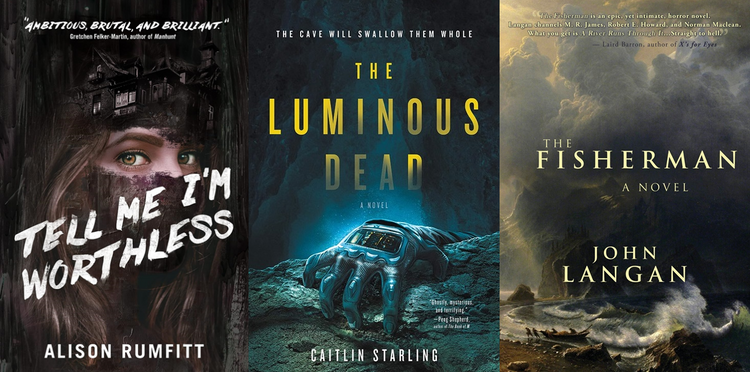
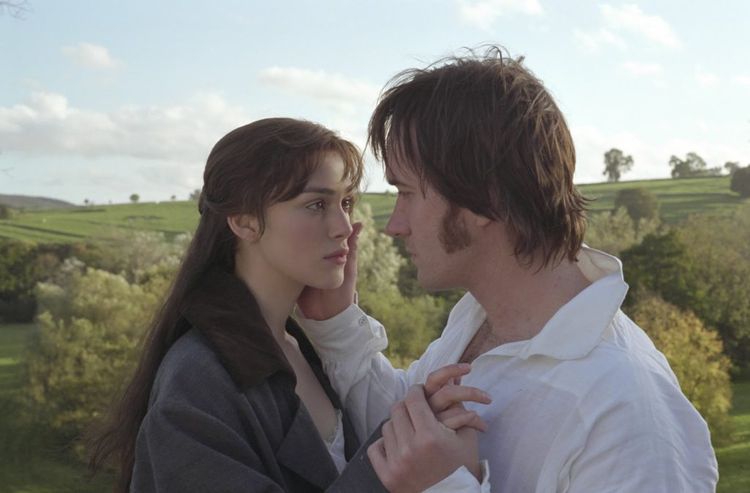
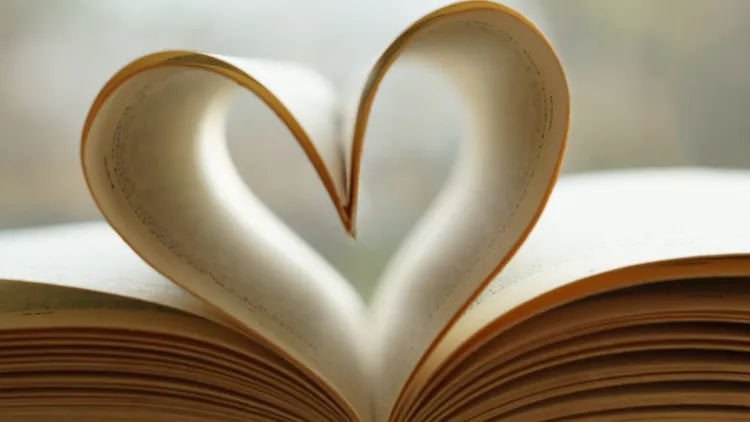
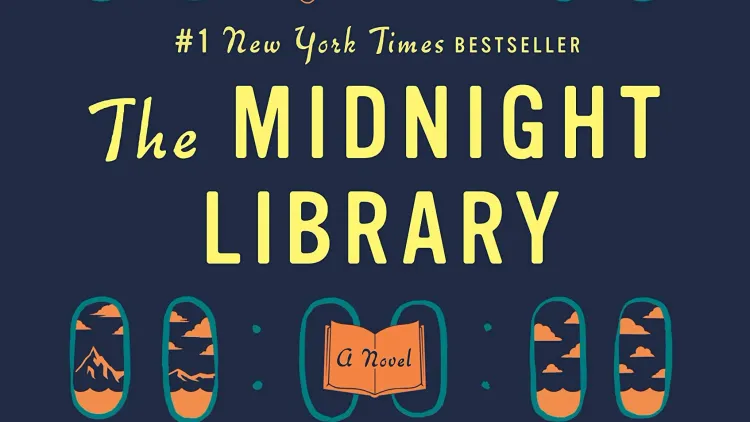
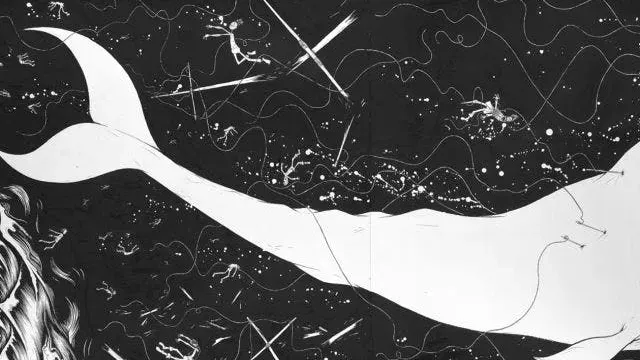
Member discussion